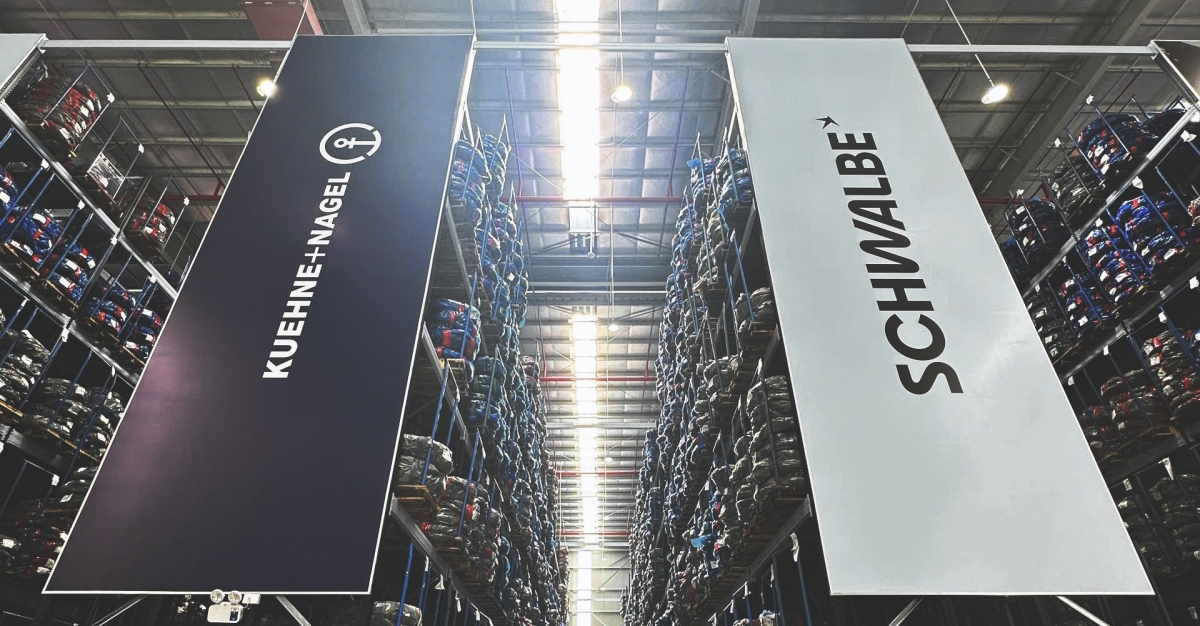INTERNATIONAL INVESTMENT
AND PORTAL
Speaking at a May 19 conference on plans to develop one million social houses for lower-income people and workers by 2030, Minister of Construction Le Thanh Nghi said that the ministry would coordinate with authorities to ensure it achieved its social housing targets.
The ministry (MoC) has completed the draft amended Law on Housing, which has been approved by the government and submitted to the National Assembly for approval.
It is hoped that the amended law will draw policies for social housing development and take effect from 2024, including planning and reserving land for social housing development, selection of project investors, and procedures for implementation.
As of Q1 2023, Vietnam has completed just over 300 social housing projects in urban areas and worker housing projects in industrial zones (IZs), with nearly 156,000 units in total. About 400 projects are still planned to be built, with a total scale of 454,000 apartments. However, demand has not been fully met.
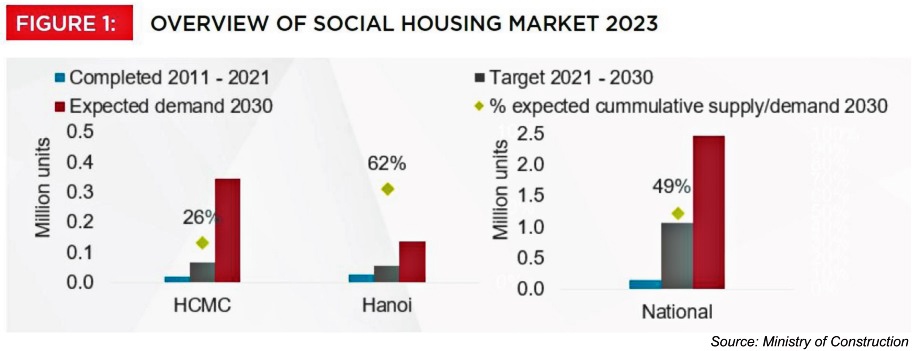
According to a survey by the MoC, the demand for social housing for low-income workers in IZs is about 2.4 million units for 2021-2030. The total existing stock and future supply is equivalent to half of total demand, and the market is still short by more than one million units.
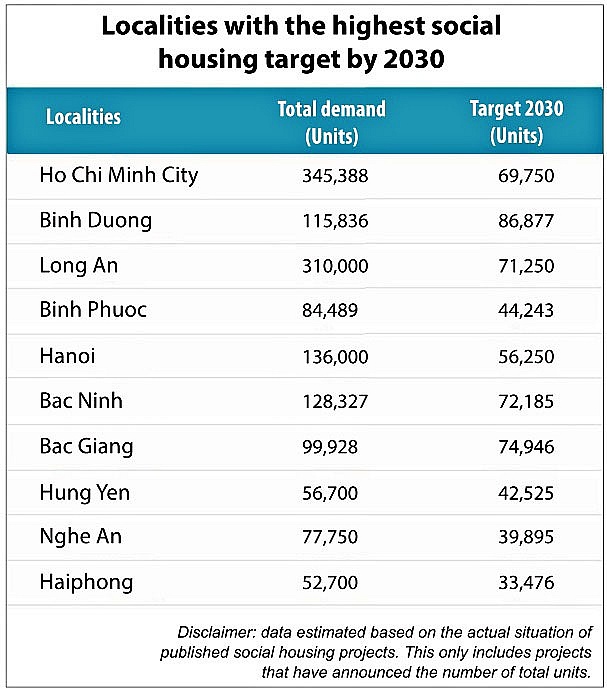
All social housing projects in Vietnam are developed by domestic groups such as HUD Vietnam, BIC Vietnam, and Him Lam in the north; Xuan Phu Hai, Saigon Invest Group, and Vicoland in the middle of the country, and Nam Long, Hoang Quan, and Sacomreal in the south.
Damian Sung, institutional sales director from real estate investment management firm Asia Bankers Club, said that despite foreign developers showing a significant interest in social housing in Vietnam, they face difficulties when it came to meeting requirements and ensuring the safety of their investments.
“To draw such investment in social housing, we must take decisive action. Simplifying regulations and cutting through the red tape will make it easier for foreign investors to navigate the process and bring their expertise to social housing projects,” Sung said.
He added that stronger legal frameworks, providing robust investor protection, and fostering a transparent and trustworthy business environment were needed.
“I am currently engaged in the vital task of assisting a local firm in raising funds for multiple social housing projects in Vietnam,” he said. “However, we have encountered significant challenges that hinder the progress of these initiatives. Offering attractive incentives is essential.”
Tax breaks, preferential land-use policies, and financial support mechanisms targeted specifically at social housing projects will entice foreign developers to invest in the sector. “We should actively seek out public-private partnerships, bringing together the strengths and resources of both sectors,” Sung added.
Anh Le, managing partner at DN Legal, said that Vietnamese law and international treaties allowed foreign investors or foreign-led enterprises to participate in construction investment and the housing business, but the rules were not always clear.
“Although current regulations do not prohibit foreign investors from doing business in social housing, they still need a clear legal framework to do business in this field,” Le said.
To carry this out effectively, the government should first review the regulations governing social housing development and the restrictions on real estate business, receiving the right to use land. “They then need to compare various forms of social housing development to give specific limits and clear mechanisms for foreign investors,” Le added.
Le also pointed out that Decree No.100/2015/ND-CP states profit from the business of social housing should not exceed 10 per cent in cases of sales, or 15 per cent in cases of renting and leasing, of the total capital.
“If foreign investors achieve this maximum profit, profitability can still be improved by shortening the process of business investment procedures and sales, tax incentives and capital sources, and investment guarantees. At the same time, the efficiency and transparency in the application of the law from the initial stage to the sale of the product will also be one of the important criteria affecting investment decisions,” Le added.
Tran Duc Phuong from the Ho Chi Minh City Bar Association also said that the unsuitable profit margin of social housing was the key factor in hindering foreign developers from entering the business.
“Thus, the profit rate for social housing projects is not suitable for the current economic situation and economic development. For foreign investors who have a lot of capital but invest a lot of equity, the profit rate of 10 per cent is just not effective,” Phuong said.
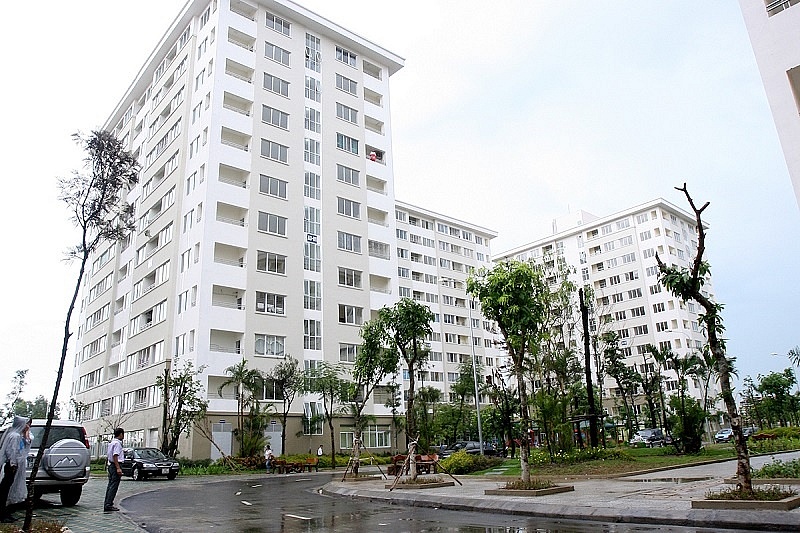 Investors wanted for social housing efforts, illustration photo/ Source: baodautu.vn
Investors wanted for social housing efforts, illustration photo/ Source: baodautu.vn
Nguyen Quoc Anh - General director batdongsan.com.vn

The key factor for foreign investors deciding whether to participate in social housing development is land availability, if the profit margin is attractive enough, and if the procedures are simple and suitable to the way foreign investors work. To draw foreign investors, the government and policymakers should consider supporting them in these areas.
Currently, it is extremely difficult for foreign organisations and developers to get land to develop any projects, not only for social housing. Many projects on the market are in the legal review stage and have not been resolved. Therefore, the first legal corridor on social housing that needs to be carefully considered is to clear procedures related to land use to help them participate in the market.
According to current regulations, the allowable profit margin for social housing projects must not exceed 10 per cent. It is advisable to evaluate and consider extending a certain percentage of profit based on the location and urgency of the projects to increase the attractiveness of social housing for investors.
The current social housing implementation process takes too long and is complicated, with some projects taking 10 years. This must be shortened to increase attractiveness for foreign investors.
Trang Bui - Country head Cushman & Wakefield Vietnam

To purchase social housing, buyers need to be in the preferential category in addition to meeting a number of conditions on income and household status. Since 2005, the rules for licensed owners and developers have changed a lot.
A number of preferential policies for social housing since 2013 have remained unchanged until now, such as exemption from land use fees, land rent, 50 per cent reduction of VAT and corporate income tax, support for investment in technical infrastructure inside and outside the project, and low interest rates.
The law has also been changed in important areas to suit the needs of the people, as well as to help encourage investors to build these types of properties. From 2023, investors of commercial housing projects with a scale of 10 hectares or more in Grade 3 urban centres are no longer required to spend 20 per cent of the residential land area in the project on social housing as before. Commercial developers will no longer be responsible for implementing social housing policies or contributing to social housing development.
Demand for housing is critical for the sustainable development of the real estate market as well as economic growth. For investors planning to participate in this field in the near future, the balance between selling price, construction quality and sustainability factors is critical. It is important for developers to conduct thorough research and feasibility studies before starting a project.
The government’s efforts to promote affordable housing are commendable, although available land, infrastructure connectivity, better policies and a financial structure are needed to create the necessary drive for the sector and play a key role in the development of social housing to successfully provide homes for all over the next decade.
 Argentina and Vietnam seek to foster social housing
Argentina and Vietnam seek to foster social housing
Minister of Construction Nguyen Thanh Nghi and Santiago Maggiotti, Argentina's Minister of Territorial Development and Habitat, have stated their intention to bolster the exchange of authority delegations for observations in social housing development
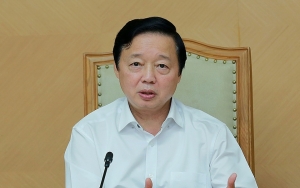 $5 billion measure not to prop up real estate market
$5 billion measure not to prop up real estate market
In lieu of real estate aid, a $5 billion plan government plan seeks to develop at least one million social housing units.






